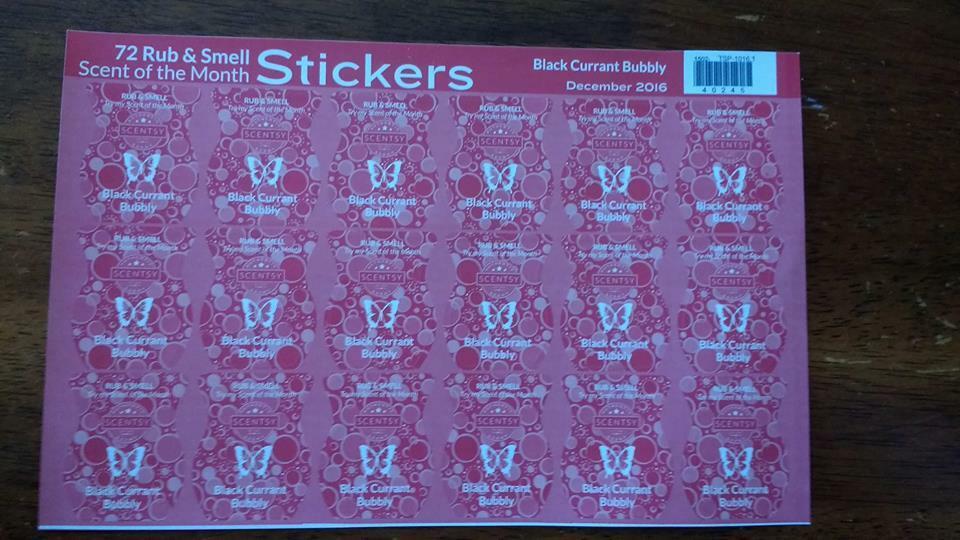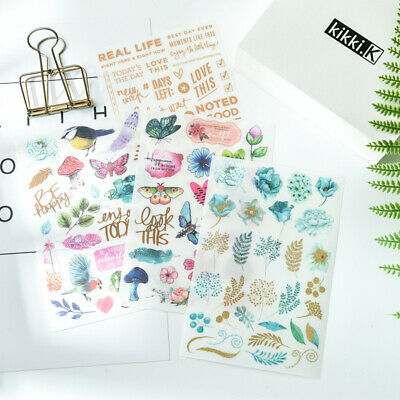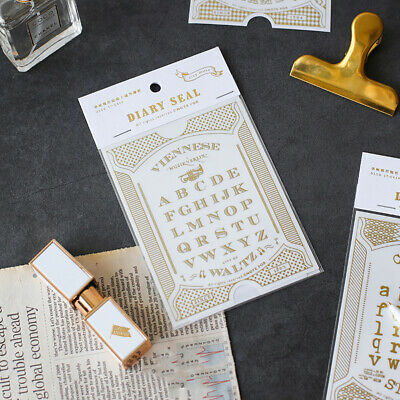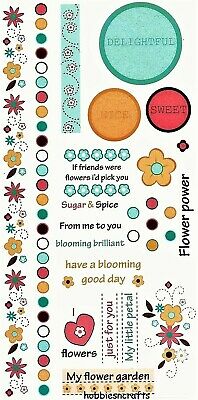-40%
Free Shipping! Zip.a.Tone Black Dry Transfer Lettering - #32-48L - Lower Case
$ 3.95
- Description
- Size Guide
Description
TWO sheets - Zip.a.Tone - 32-48L - Franklin Gothic Condensed - 48 Point. Lower case alphabet. Some punctuation. These are black letters! These are from the 1970's.Dry transfer Lettering. Heat Resistant. Similar to the Mecanorma brand.
This package has 1 sheet 8 1/4" x 11". Each package is new and unopened. IF it is open, it is only because I needed to open it to photograph for EBay.
Zip.a.Tone is no longer in business so these sheets are likely the last ones you will see.
Please see the pictures.
I am listing quite a few Zip.a.Tone sheets today! Please check them out!!
Thanks for looking! Please check out my other listings where shipping is almost always FREE :)
Here is a little I found about Zip.a.Tone while surfing the internet:
Dead Tech: Zipatone
Zipatone is an obsolete graphic design material that would let you place a halftone dot screen across an area of a black and white illustration. Also marketed as Letratone, it came a thin plastic film with a slight adhesive over a backing sheet.
The dot pattern came in a variety of gray-tone percentages and in different sizes of dots, measured as lines per inch. The one shown here was a very sophisticated gradated tone.
The way you used it was to place it over your drawing on a light table, cut out the shape with a very sharp knife, carefully lift it, and place it over the drawing. For a very complicated shape, you could place a larger piece over the drawing and cut away what you didn't want.
Screentone (also know as Zip-A-Tone, Letratone, or Acetone sheets) are transparent wax adhesive sheets with very fine patterns printed on them to provide shading and value to black and white printed pieces. In comics and illustration, they were frequently used as an alternative to hatching to provide value. They were heavily adopted by manga artists in Japan (as manga is primarily printed in black and white there), but were also adopted by independent comic artists in the Western world.













